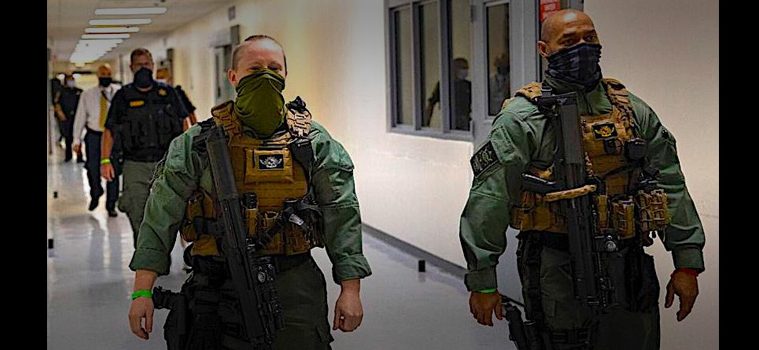CRIMINAL INJUSTICE SYSTEM –
May 14, 2021 – “Unfortunately, mental health seems to only come to the forefront when there are cases of tragedy,” he said.
Experts say the episode demands a larger public conversation about how people with mental illnesses are treated while incarcerated.
“The tragic death of Jamal Sutherland has yet again brought to light the disparities in the lack of proper procedures to ensure the safety of an individual during a mental health crisis,” said Rob Aitcheson, executive director of the National Alliance on Mental Illness’ Charleston office. Since the 1960s, the state’s Department of Mental Health and private hospitals have dramatically reduced their inpatient beds and sent patients to their local communities to receive care. The move was lauded as more humane, and potentially cheaper, than lives spent institutionalized. But some question whether it went too far.
The state’s prisons became virtual warehouses for people with mental illnesses after steep cutbacks in funding for care. By 2014, the Department of Mental Health had seen its budget shrink by 40 percent over a decade — the largest drop of any state since 2002.
Despite increases in funding in recent years, South Carolina still currently ranks 45th in the nation for its number of public psychiatric beds, NAMI’s Aitcheson said.
Such was the case when a class-action lawsuit revealed numerous stories of inmates with mental illness in South Carolina prisons being gassed, locked in solitary confinement for years at a time, denied effective treatment and caged naked in filthy cells.
The suit, filed in 2005, took nearly a decade to wind its way to trial and reach a final ruling that brought about sweeping changes. By that time, eight prisoners with mental illnesses had died, six from suicide. The Corrections Department has since dramatically reduced the use of solitary confinement, expanded mental health screenings and programs, and bolstered training in crisis intervention, among other things, agency spokeswoman Chrysti Shain said.
But the situation has also become more demanding, as the prison system grapples with a doubling in the percentage of inmates identified as having mental health issues, Shain said. That number now stands at more than one in four prisoners.



